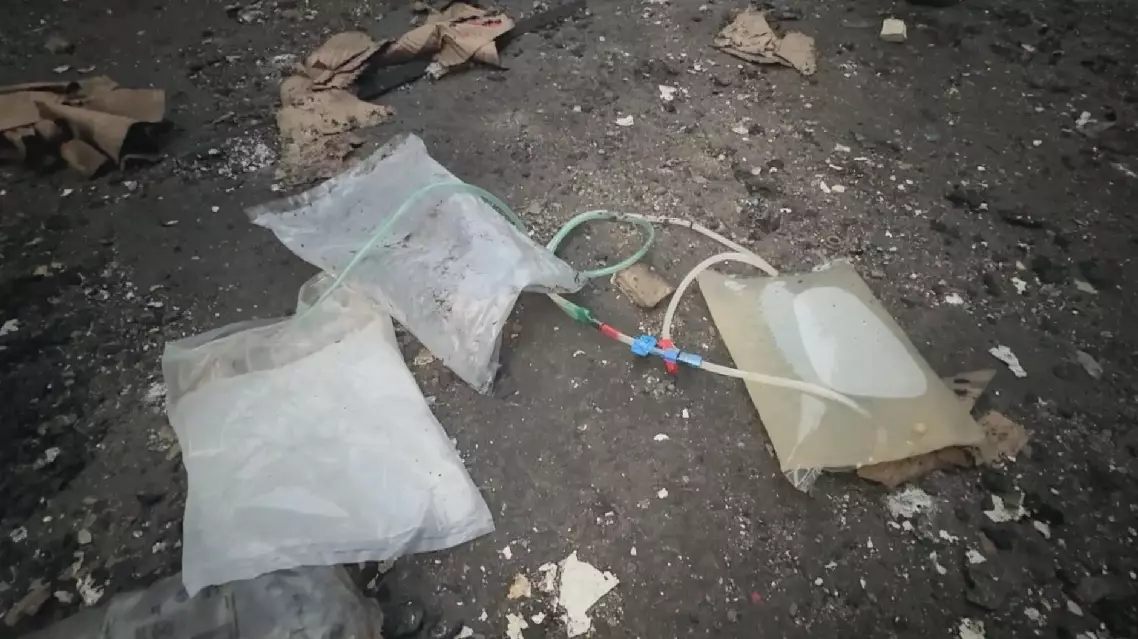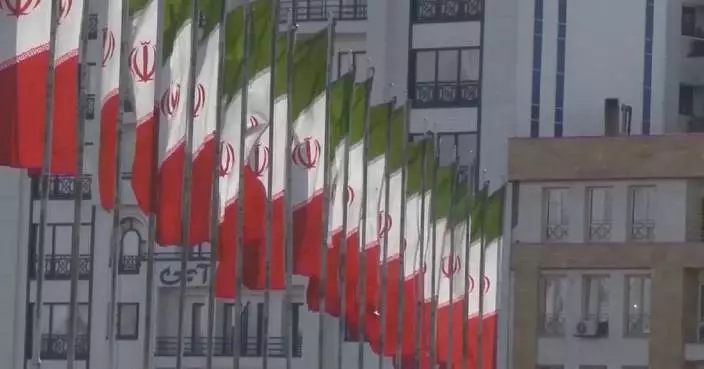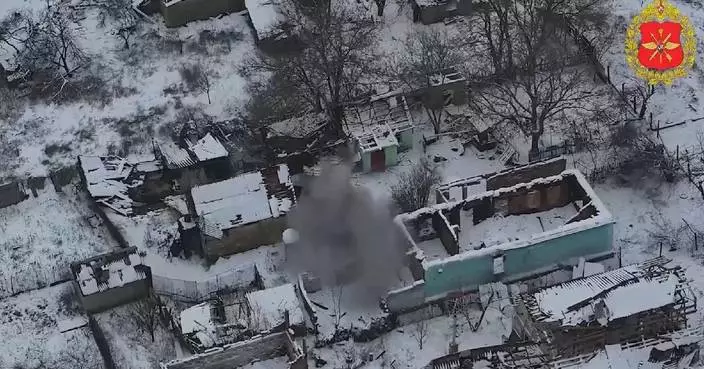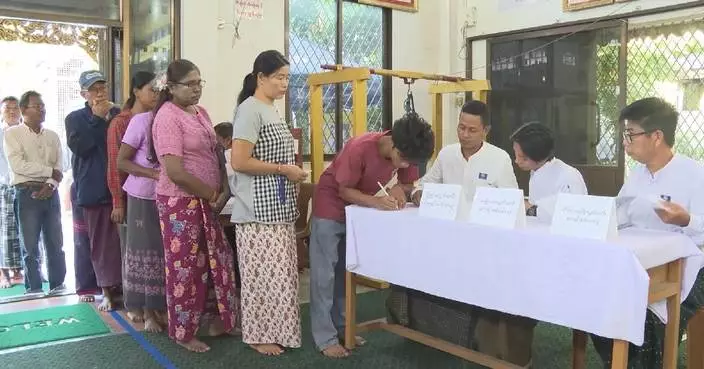The Chinese yuan demonstrated strong resilience in 2024 despite a depreciation against the U.S. dollar, Xuan Changneng, vice governor of the People's Bank of China (PBOC), the country's central bank, said on Tuesday.
Speaking at a press conference in Beijing about the financial sector's role in underpinning the country's high-quality development, Xuan attributed the yuan's resilience to China's stable economic fundamentals and proactive policy measures.
"The PBOC formulates monetary policy primarily based on domestic economic and financial conditions, while also taking into account the balance between internal and external factors. In 2024, amid a volatile and complex international landscape, multiple factors drove fluctuations and strengthening in the U.S. dollar index. China's foreign exchange market showed a remarkable resilience. The yuan exhibited two-way fluctuations in exchange rate and overall stability under the complex circumstances, outperforming many other major currencies. This resilience has created favorable conditions for China to independently implement monetary policies and played a positive role in stabilizing the economy and foreign trade," Xuan said.
The yuan depreciated by 2.8 percent against the U.S. dollar in 2024, closing at 7.2988 by the year-end. However, the yuan exchange rate index, which measures its value against a basket of currencies, or the CFETS, rose by 4.2 percent to 101.47. In the same period, the U.S. dollar index surged by 7 percent, further highlighting the yuan's resilience, according to Xuan.
Looking ahead, Xuan acknowledged challenges in the global economic landscape but expressed confidence in the yuan's stability.
"The external environment may become increasingly complex, severe and uncertain in a foreseeable future period of time. However, China's economic fundamentals remain solid, with a sustained current account surplus, independent and balanced cross-border capital flows, ample foreign exchange reserves, and a resilient foreign exchange market. These factors have injected certainties into and provided strong support for maintaining the yuan's overall stability in exchange rate," he said.
Xuan pointed to policy measures and foreign exchange market maturity as key factors underpinning the yuan's strength.
"China's macroeconomic foundation is more robust. A package of incremental policies introduced last year, particularly after September, are expected to deliver tangible results in succession. The Central Economic Work Conference outlined the implementation of more proactive fiscal measures and moderately accommodative monetary policies for 2025, which will further reinforce the positive momentum of China's economic recovery," he said.
"Foreign exchange reserves remain stable, serving as a cornerstone for maintaining economic and financial stability. The foreign exchange market becomes more resilient, with participants showing greater maturity, more rational trading behaviors, a growing focus on managing exchange rate risks through an increasing number of hedging tools. All these have laid an important microeconomic foundation for the steady operation of the foreign exchange market and the balance between foreign currency supply and demand. Currently, about 30 percent of cross-border trade in goods are settled in the yuan, and 27 percent of enterprises use foreign exchange hedging tools. We can see a pretty good microeconomic foundation for the foreign exchange market from these data," said the central bank deputy chief.
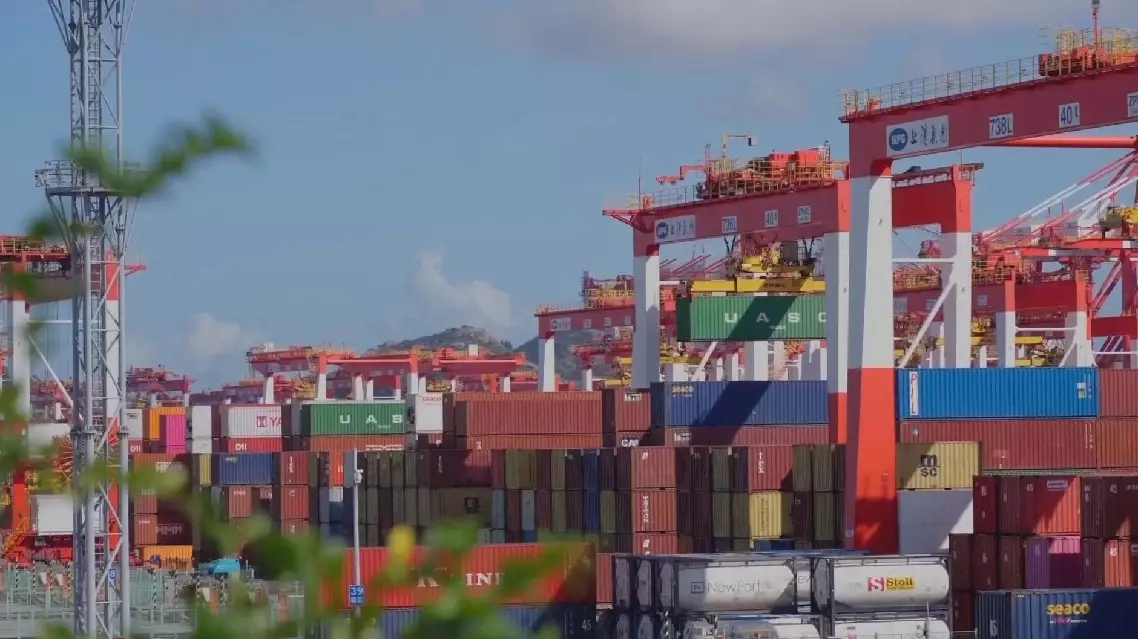
Chinese yuan shows resilience amid depreciation against U.S. dollar: central bank deputy chief


